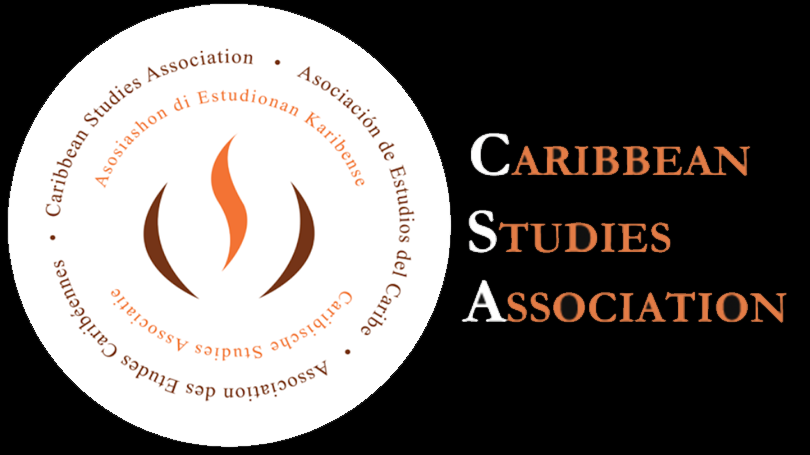
- About
- Undergraduate
- Foreign Study
- Student Opportunities
- La Casa
- News & Events
- People
Back to Top Nav
Back to Top Nav
Back to Top Nav
Back to Top Nav
Back to Top Nav
Congratulations to Assistant Professor Ingrid Brioso Rieumont, whose dissertation "Representaciones póstumas en Cuba y Brasil, 1870-1910," has been awarded First Honorable Mention for Best Dissertation by the Caribbean Studies Association. Brioso Rieumont is currently at work on her first book, Unformed Slavery: Preexistence and Postmortem in Nineteenth-Century Cuba and Brazil. Drawing from canonical texts by Cirilo Villaverde, Machado de Assis, and understudied writers such as the Afro-Cuban Martín Morúa Delgado, the book explores the attempt to extend enslavement into the existence of the unborn and the deceased. It examines how these states serve as a form of poiesis, where control becomes elusive.
"Brioso Rieumont engages with great mastery across two of the key texts of Cuban and Brazilian C19th fiction in this thesis, not only with an impressive command of the texts themselves and the substantial and influential criticism on them, but by bringing a startlingly fresh perspective that contributes to the growing, very recent, and key scholarship in African American and Atlantic studies of enslavement ranging from cultural histories and anthropologies to economic and psychoanalytical approaches. As such, the dissertation dialogues both with a broad Latin American tradition (in Portuguese and Spanish) and with an Anglophone scholarly and cultural tradition. In addition, there is a provocative and carefully argued reading of photographs of enslaved people in Brazil and Cuba which continues and expands the discussion of modes of articulation of enslaved/Black subjectivity in this period."
"...An additional contribution then of this outstanding thesis is its investigation into visuality as a mode of poiesis in literature which draws on the work of Saidiya Hartman and others who have argued for the importance of attending to the materiality and visuality of subjection while questioning and extending it."